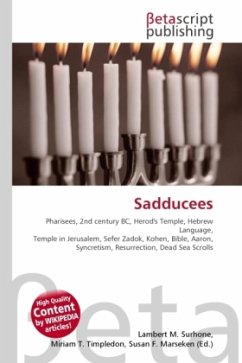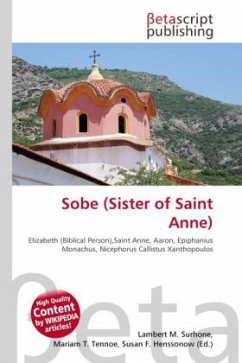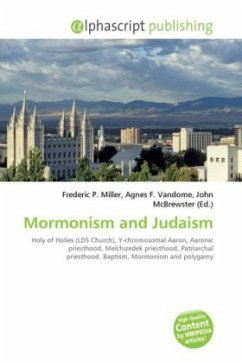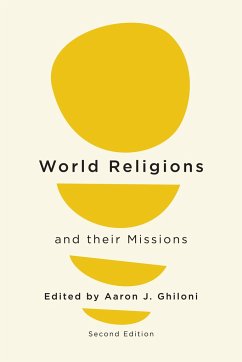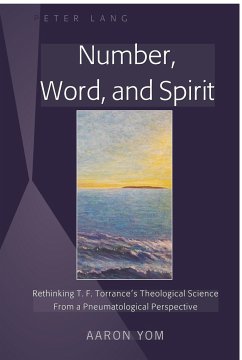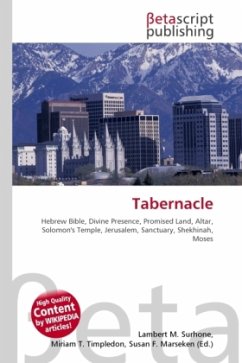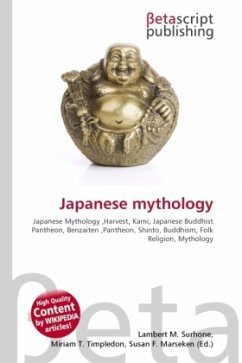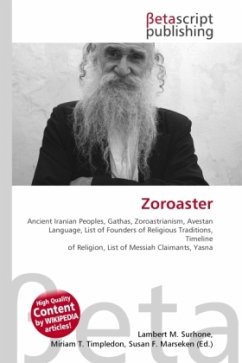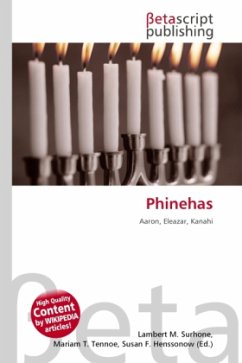
Phinehas
Versandkostenfrei!
Versandfertig in 6-10 Tagen
26,99 €
inkl. MwSt.

PAYBACK Punkte
13 °P sammeln!
High Quality Content by WIKIPEDIA articles! High Quality Content by WIKIPEDIA articles! High Quality Content by WIKIPEDIA articles! The Oxford Guide to the Bible and Brown-Driver-Briggs' Hebrew and English Lexicon identify it as a variant of the Egyptian name Pa-nehasi. According to the former, "The Bible also uses Egyptian and Nubian names for the land and its people... For the Egyptians used to these color variations, the term for their southern neighbors was Nehesi, "southerner", which eventually also came to mean "the black" or "the Nubian". This Egyptian root (nhsj, with the preformative ...
High Quality Content by WIKIPEDIA articles! High Quality Content by WIKIPEDIA articles! High Quality Content by WIKIPEDIA articles! The Oxford Guide to the Bible and Brown-Driver-Briggs' Hebrew and English Lexicon identify it as a variant of the Egyptian name Pa-nehasi. According to the former, "The Bible also uses Egyptian and Nubian names for the land and its people... For the Egyptians used to these color variations, the term for their southern neighbors was Nehesi, "southerner", which eventually also came to mean "the black" or "the Nubian". This Egyptian root (nhsj, with the preformative p' as a definite article) appears in Exodus 6.25 as the personal name of Aaron's grandson Phinehas (=pa-nehas)" The Theological Wordbook of the Old Testament interprets the name to mean "the bronze-colored one". Phinehas, like Moses and Nun lived in Egypt during the captivity and their names were shared by the dominant culture there.



